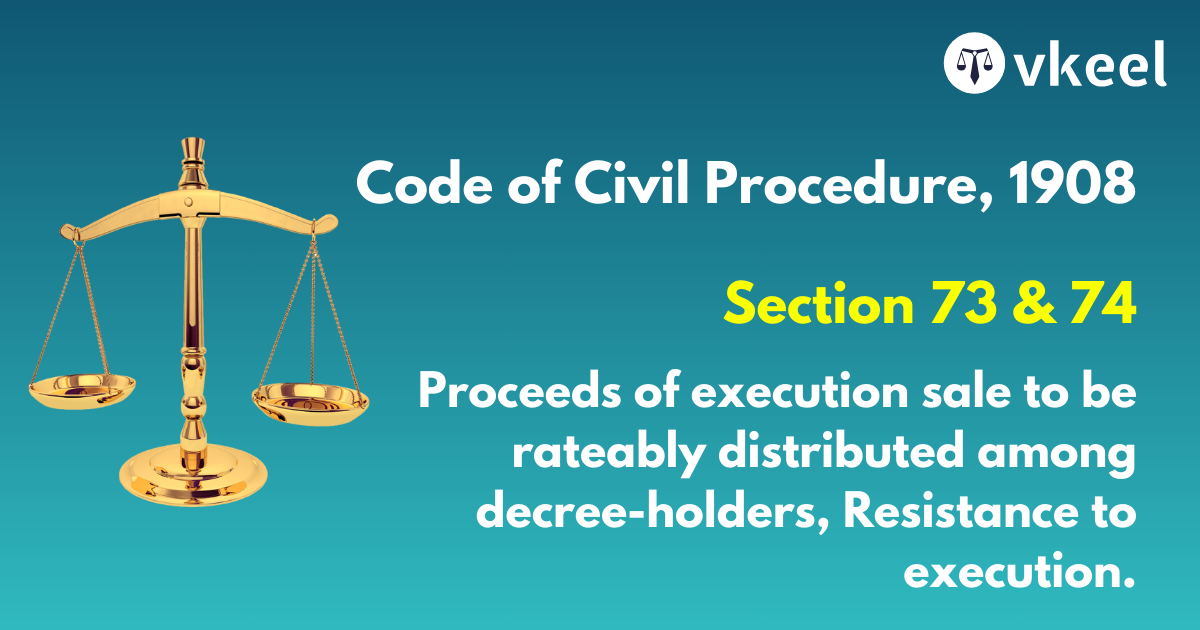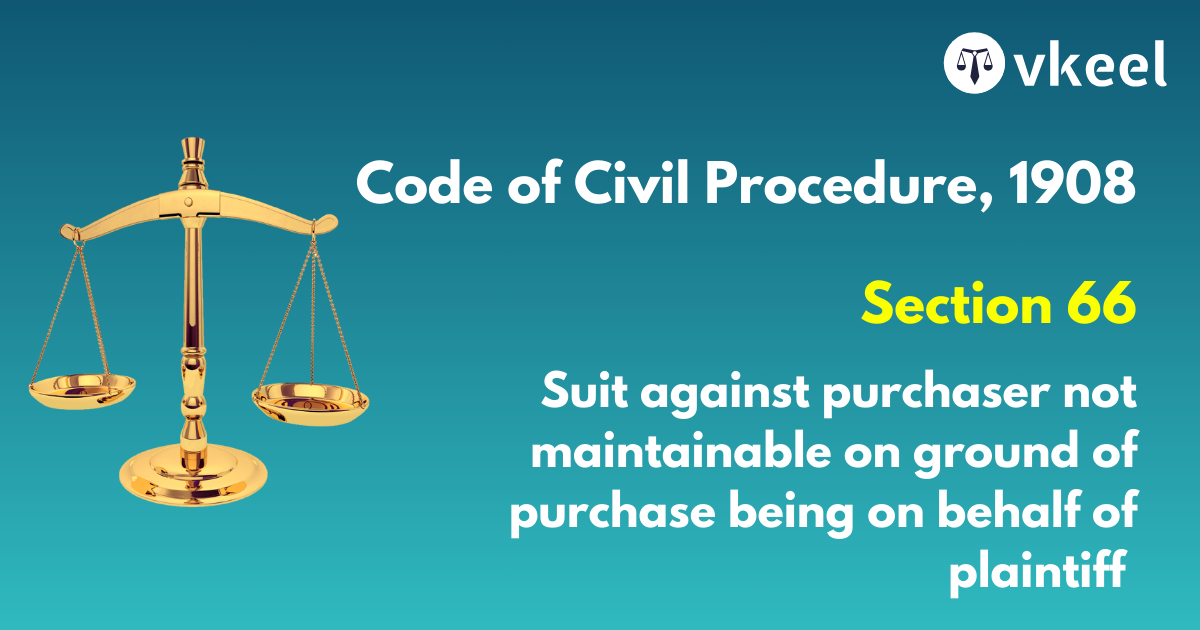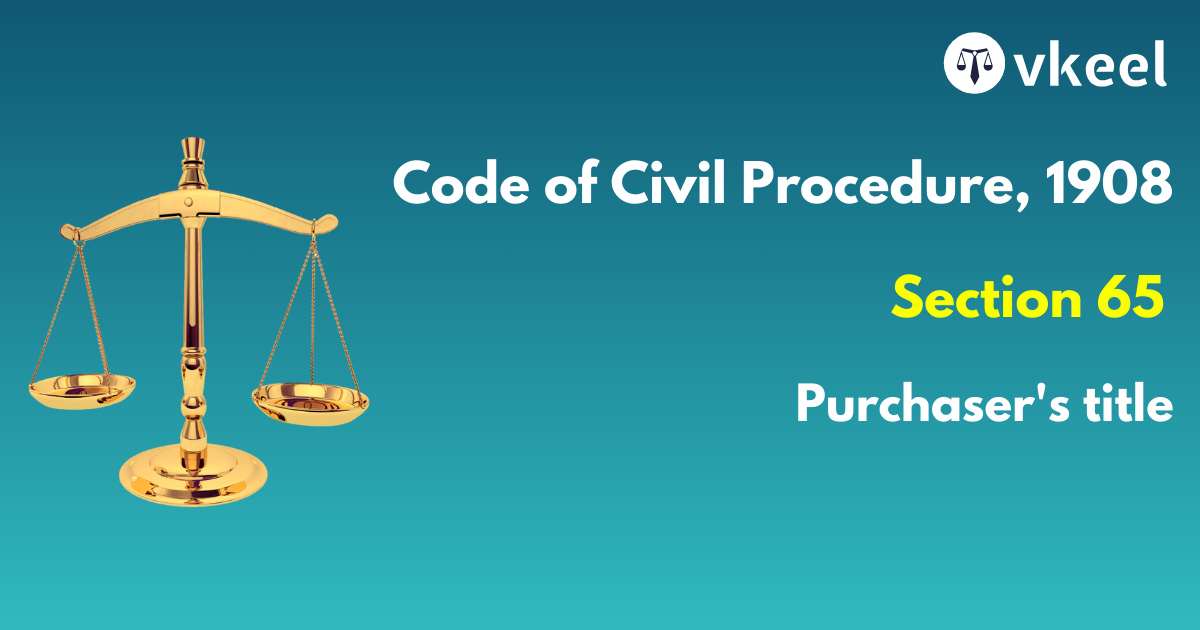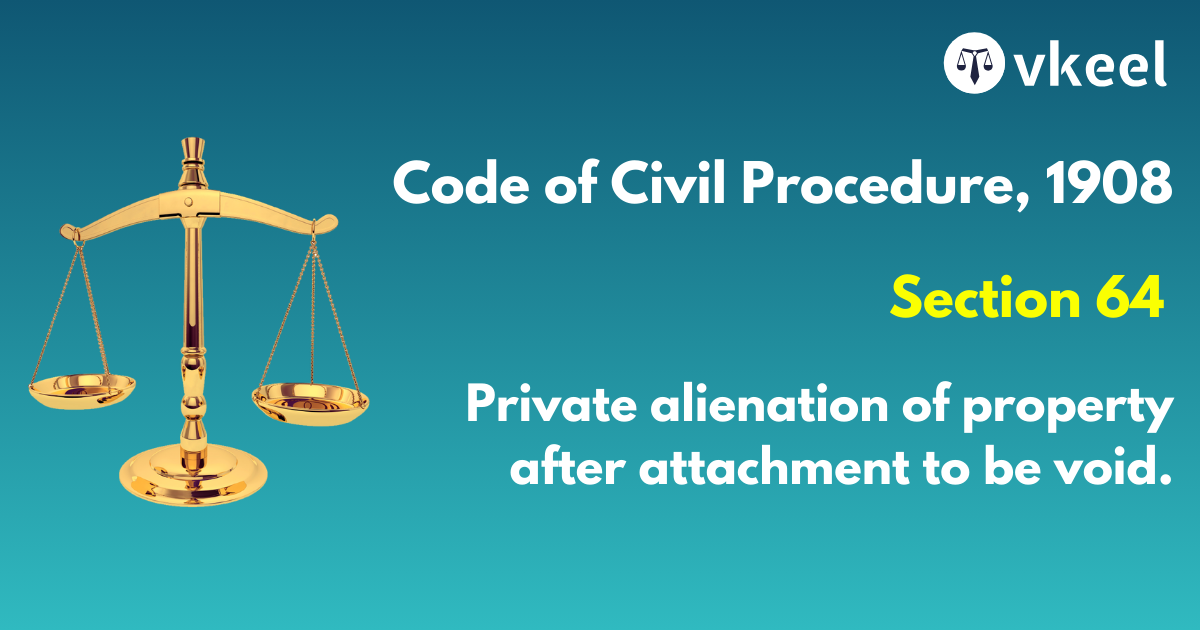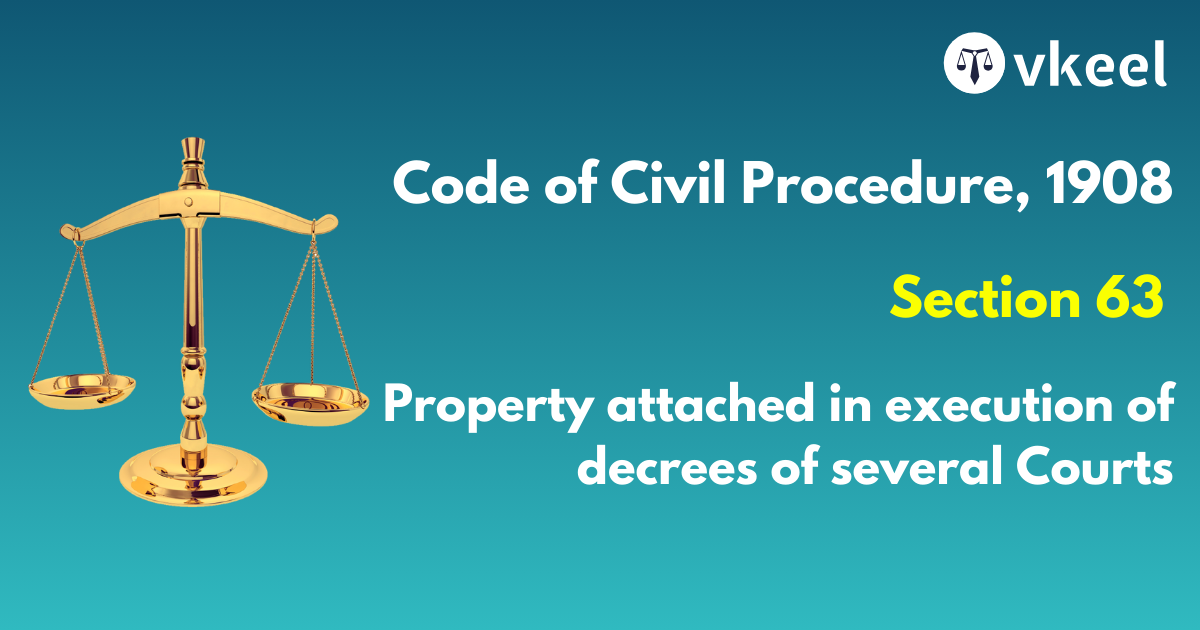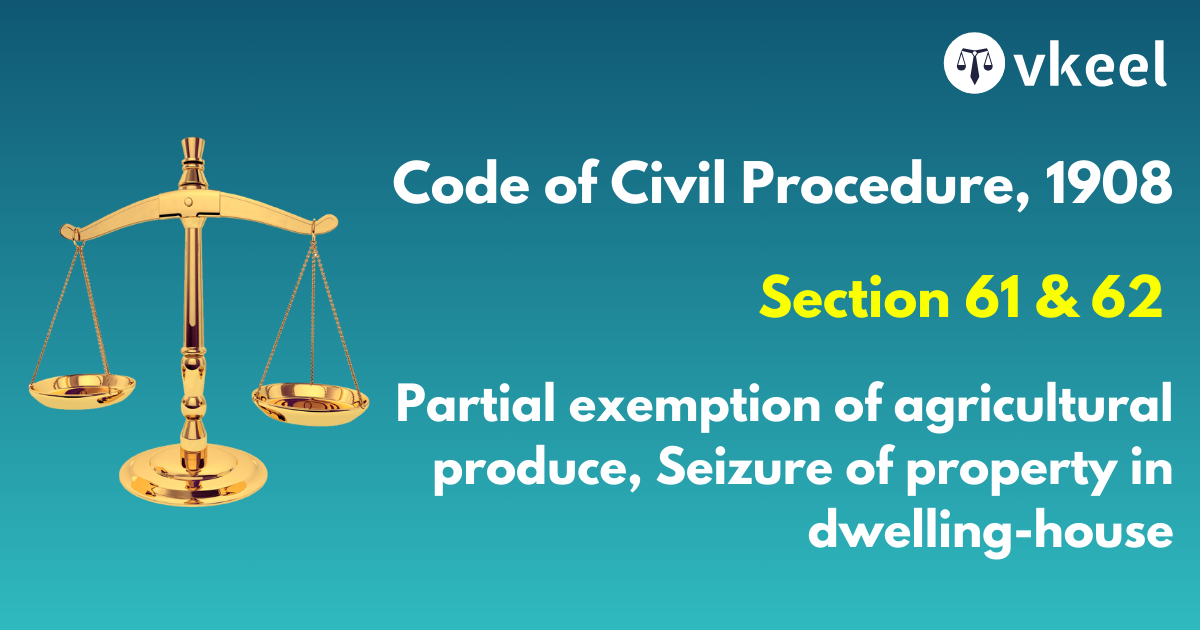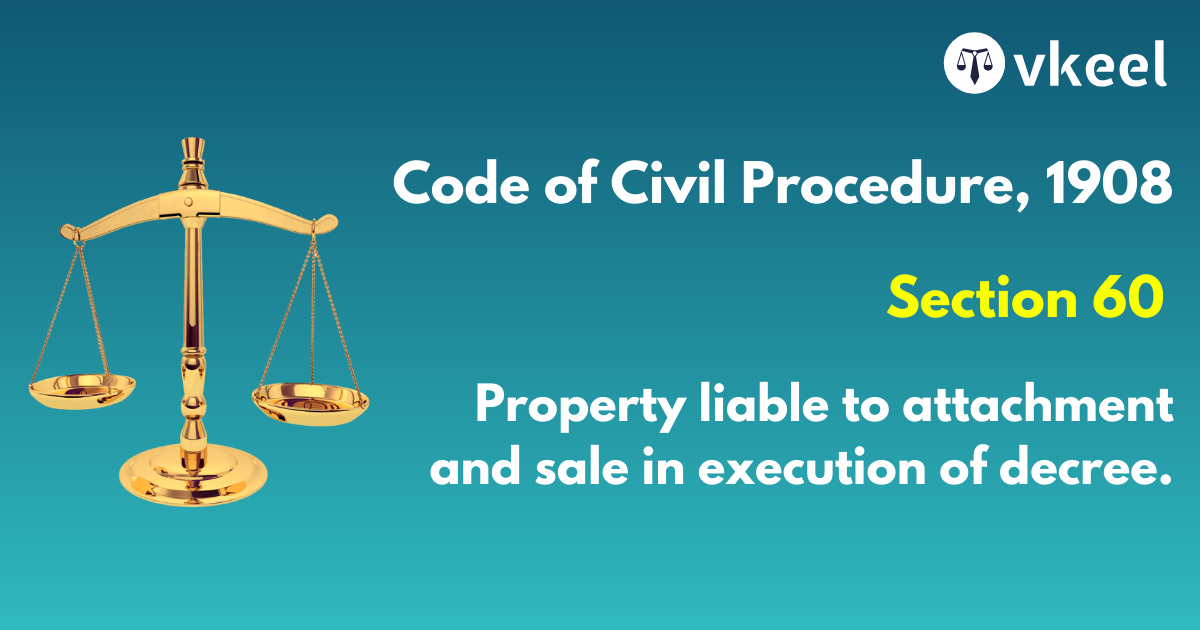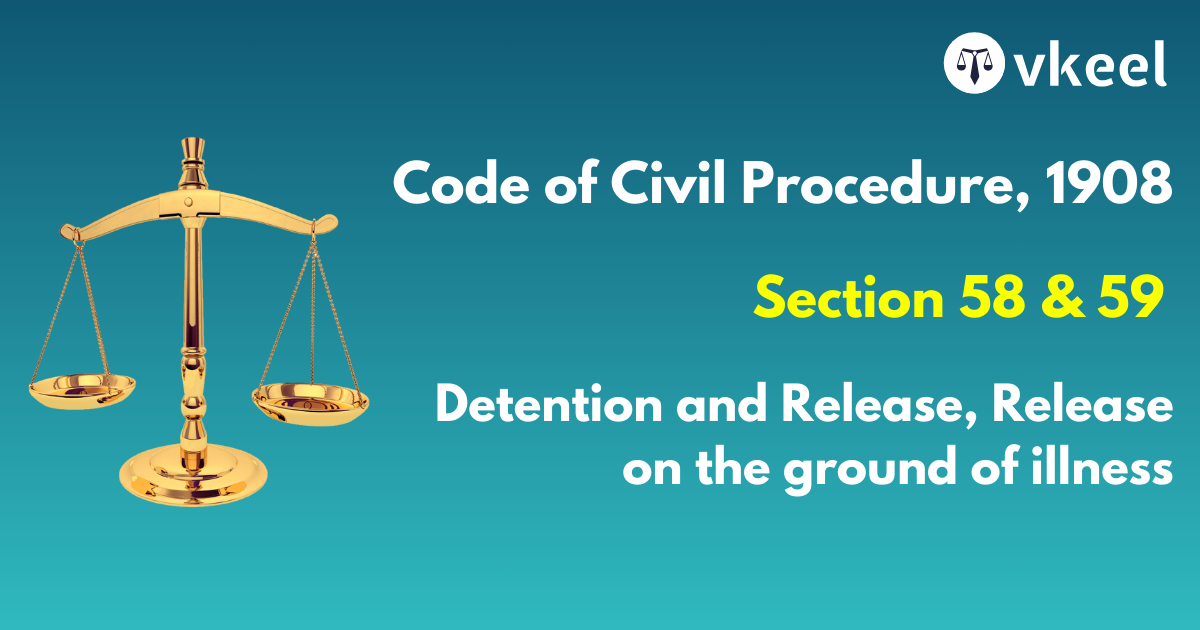Section 10 Code of Civil Procedure,1908 – Stay of suit
By Joy Puri
Table of Contents
Introduction
The underlying objective of the provision is to prevent the courts of law possessing concurrent jurisdiction from simultaneously trying two parallel suits in respect of the same matter in the prevailing issue therefore to avoid the two parallel cases at the same time, the stay of suit is granted in certain cases.
In regards to the stay of the suits, the question that lies before the judiciary is whether the previous suit which has been pending in the inferior court holds the jurisdiction to grant the relief sought in the subsequent court.
Section 10 of Code of Civil Procedure, 1908
10. Stay of suit— No Court shall proceed with the trial of any suit in which the matter in issue is also directly and substantially in issue in a previously instituted suit between the same parties, or between parties under whom they or any of them claim litigating under the same title where such suit is pending in the same or any other Court in India having jurisdiction to grant the relief claimed, or in any Court beyond the limits of India established or continued by the Central Government and having like jurisdiction, or before the Supreme Court.
Explanation—The pendency of a suit in a foreign Court does not preclude the Courts in India from trying a suit founded on the same cause of action.
Landmark Case Laws
Hariram Vs Lichmaniya, AIR 2003
Section 10 of the Code of Civil Procedure, 1908 applies to only those suits which are legally maintainable. Section 10 cannot be invoked to make the subsequently filed suit maintainable.
Heinz Italia Sr.L Vs Dabur India Ltd, A 2005 Cal 89 (94)
Where application for stay under section 10 filed in previously instituted suit is rejected, judicial discipline and comity warrants that the court in which the later instituted suit is pending should not consider the application filed under section 10.
Gollu Bhavani Sankar Vs Bhogavalli Rajeswara Rao, 2000,
Where the scope of enquiry in the two proceedings is different subsequent proceeding cannot be stayed. First suit for specific performance of contract, subsequent suit for eviction filed plaintiff before the Rent Control Officer on the ground that the plaintiffs are bona fide purchaser and on ground of default in payment of rent, the scope of inquiry in the two suits being different, the proceedings in second suit before the Rent Control Officer were not stayed.
Alka Gupta Vs Narender Kumar Gupta, 2010
Constructive res judicata deals with grounds of attack and defence which ought to have been raised, but not raised, whereas O II, rule 2 CPC relates to reliefs which ought to have been claimed on the same cause of action but not claimed.
National Institute of MH & SN Vs C Parameshwara, AIR 2005
Section 10 would apply only if there is identity of the matter in issue in both the suits, meaning thereby that the whole of the subject matter in both proceedings is identical.
Jayanta Kumar Mondal Vs Brojo Gopal Dalal, 2008
Earlier suit for letter of administration of will, subsequent suit for declaration of title and injunction against defendant, subject matter in both the suits not same subsequent suit not stayed.
Rajesh Singh Vs Manoj Kumar, 2010
Plaintiff’s earlier filed civil suit for declaration of title to the suit property, the plaintiff’s subsequent suit for ejectment under the provisions of M.P. Accommodation Control Act, 1961, subsequent suit for ejectment was not stayed under section 10 CPC as question of title in suit for ejectement was not directly and substantially in issue, though was incidental and collateral
Pukhraj D Jain v G Gopalakrishna, 2004
In a gurur case the stay of proceedings should be conducted, it is for the Court to decide what will be the best course to be adopted for expeditious disposal of the case. In a given case the stay of proceedings of later suit may be necessary in order to avoid multiplicity of proceedings and harassment of parties. Where subsequently instituted suit can be decided on purely legal points without taking evidence, it is always open to the Court to decide the relevant issues and not to keep the suit pending which has been instituted with an oblique motive and to cause harassment to the other side.
Guru Granth Saheb Sthan Meerghat Varanas v Ved Prakash, 2013
Where in civil suit, the defendant filed written statement, issues were already framed, the findings in civil suit were not likely to prejudice the defence in criminal proceedings, held the High Court was not justified in staying the civil proceedings.
Indian Bank v Maharashtra State Cooperative Marketing Federation Ltd,1998
In a summary suit under O XXXVII trial begins only after leave is granted to the defendant to contest the suit. Therefore, the court or the judge dealing with summary suit can proceed upto the stage of hearing the summons for judgment and passing the judgment in favour of the plaintiff if (i) the defendant has not applied for leave to defend or if such application has been made and refused or if (ii) the defendant who is permitted fails to comply with the conditions on which leave to defend is granted
Conclusion
Therefore the courts of civil jurisdiction are blessed with the inherent powers to stay the court proceedings wherever they feel or believe flaws related to the basic principles of law has occurred.
Disclaimer:
The information provided in the article is for general informational purposes only, and is not intended to constitute legal advice or to be relied upon as a substitute for legal advice. Furthermore, any information contained in the article is not guaranteed to be current, complete or accurate. If you require legal advice or representation, you should contact an attorney or law firm directly. We are not responsible for any damages resulting from any reliance on the content of this website.



